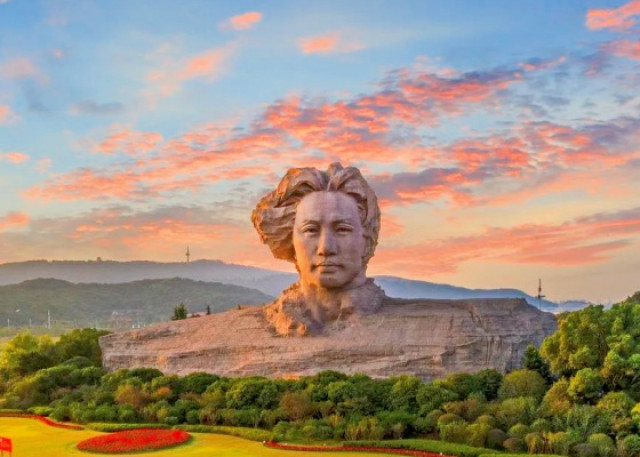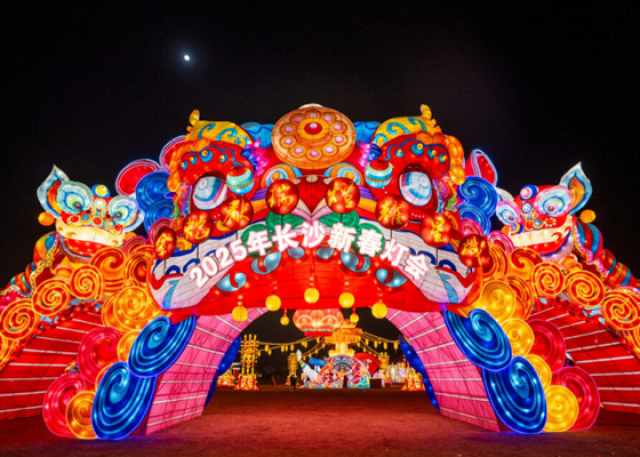二十四節(jié)氣·大寒 | 以冬之落幕,作春之序曲
2025年1月20日,,迎來(lái)二十四節(jié)氣中的最后一個(gè)節(jié)氣——大寒,?;仡櫼荒甑男燎谂c收獲,為新的一年許下愿望,。下一站,,相約在春天里。
On January 20th, 2025, we welcome the last of the 24 solar terms - Major Cold. After reviewing the hard work and gains of the past year, let’s make wishes for the new year. We will meet at the next stop - the spring.

古人的詩(shī)詞里又是如何描述大寒時(shí)節(jié),?一起來(lái)看看吧,!
How did ancient poets describe the Major Cold in their verses? Let's take a look together!
《梅花》
宋·王安石
墻角數(shù)枝梅,
凌寒獨(dú)自開,。
遙知不是雪,,
為有暗香來(lái)。
Mume Blossoms
——Written by Wang Anshi in the Song Dynasty
At the wall corner mume trees grow;
Against the cold they bloom apart.
How could we know they are not snow?
For fragrance unseen they impart.
《雪梅》
宋·盧梅坡
梅雪爭(zhēng)春未肯降,
騷人閣筆費(fèi)評(píng)章,。
梅須遜雪三分白,,
雪卻輸梅一段香。
Mume and Snow
——Written by Lu Meipo in theSong Dynasty
The mume blossoms and snow vie inannouncing spring;
A poet knows not in whose praises he shouldsing.
The mume blossoms are not so white aswinter snow;
In fragrance snow can’t match mume blossomswhen they blow.










